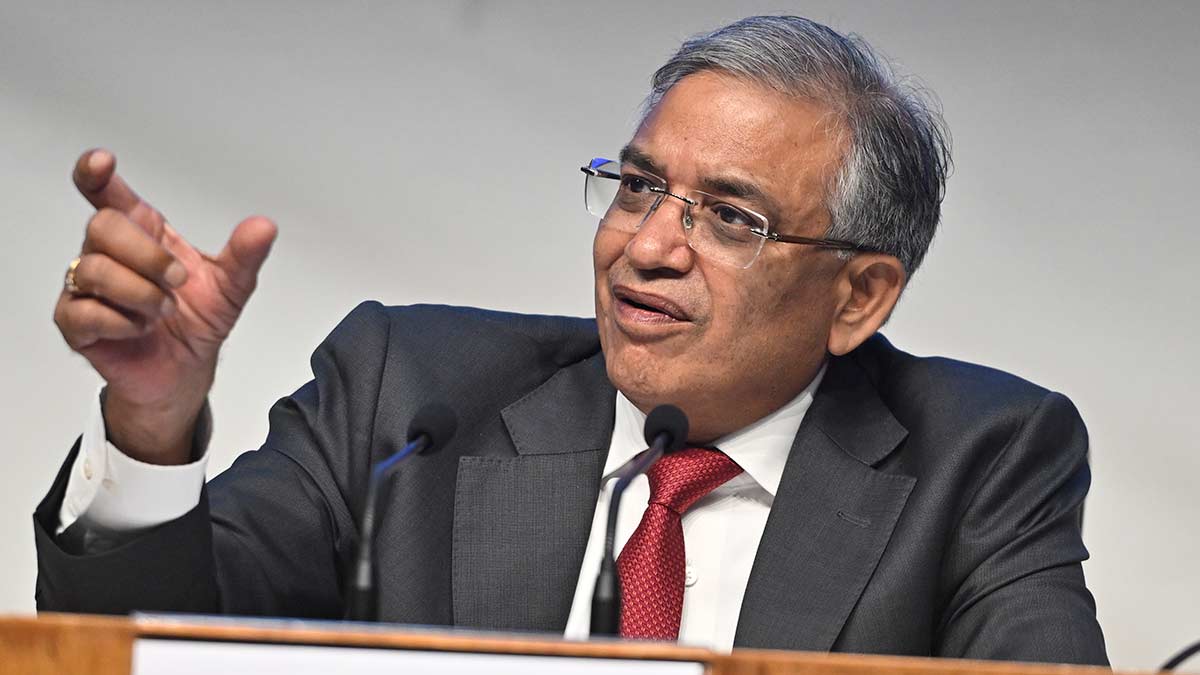Why did EC exclude poll-bound Assam from pan-India SIR? CEC Gyanesh Kumar clarifies

The Election Commission of India (ECI) on Monday announced the launch of a nationwide Special Intensive Revision (SIR) of electoral rolls, beginning with 12 states and Union territories in the first phase.
The intensive exercise is crucial ahead of the 2026 assembly elections, and the delimitation process aims to make voter lists more accurate, inclusive, and accessible.
Announcing the rollout, Chief Election Commissioner (CEC) Gyanesh Kumar said the SIR would build on the successful pilot in Bihar earlier this year. “We are beginning the second phase of the SIR in 12 states and Union territories. The Bihar SIR was successful, and we are now going to update the voter list for other states as well,” he said.
Extending greetings to the people of Bihar on Chhath Puja, Kumar said the Commission had held consultations with 36 Chief Electoral Officers (CEOs) from across India before finalising the roadmap. “Three times a Booth Level Officer (BLO) will visit every house. For working people or those living outside their home states, online facilities are available to ensure inclusiveness,” he added.
Second phase to cover 12 states and UTs
The first phase of the SIR will cover the following 12 States and Union Territories: Andaman & Nicobar Islands, Chhattisgarh, Goa, Gujarat, Kerala, Lakshadweep, Madhya Pradesh, Puducherry, Rajasthan, Tamil Nadu, Uttar Pradesh, and West Bengal.
Though Assam will go to polls in 2026, the revision of the electoral rolls of the state will be announced separately, CEC Kumar clarified.
Together, these regions account for over 45 crore electors and more than 4.5 lakh polling stations, supported by a vast network of electoral staff and political agents.
House-to-house verification and rationalisation
Under the SIR, Booth Level Officers (BLOs) will visit every household three times to verify details of electors and collect updates. For those unable to meet BLOs in person, such as working professionals or migrants, the ECI has also made online facilities available.
To improve accessibility, the Commission has directed that no polling station should cater to more than 1,200 voters. New polling stations will be set up in high-rise buildings, residential welfare association (RWA) colonies, and slum clusters to make voting easier for all sections of the population.
The CEOs, District Election Officers (DEOs), and Electoral Registration Officers (EROs) have been instructed to meet all recognised political parties and explain the process in full detail. “Training of booth-level agents appointed by all recognised parties will be conducted to ensure transparency,” the CEC said.
Aadhaar linkage and transparency measures
Reiterating the Commission’s push for clean rolls, Kumar said Aadhaar numbers will be collected from electors as one of the indicative documents to verify identity and reduce duplication, as successfully implemented in Bihar. However, he clarified that Aadhaar submission will remain voluntary and strictly for authentication purposes. The ECI has set February 7, 2026, as the date for publication of the final electoral rolls.
India